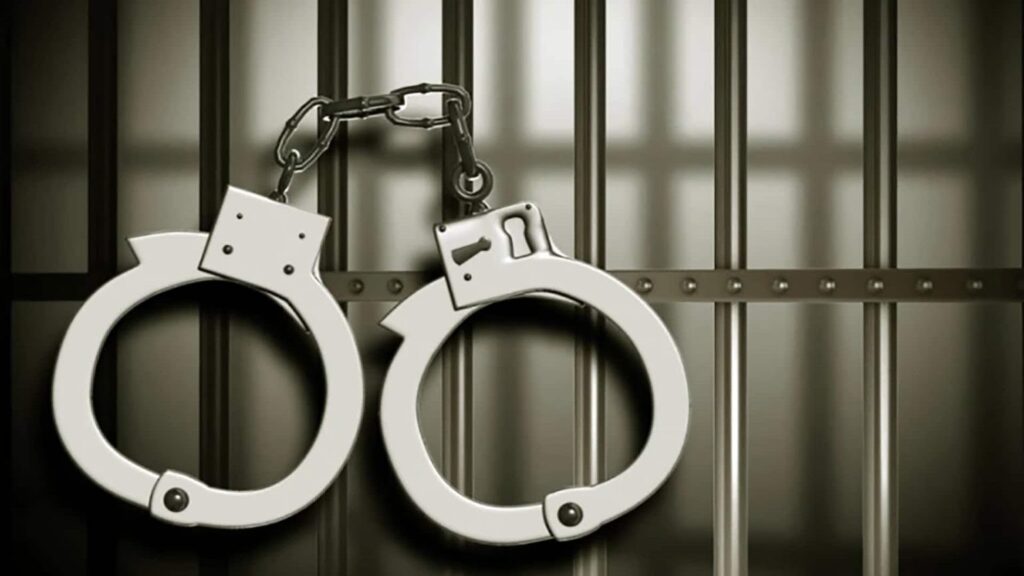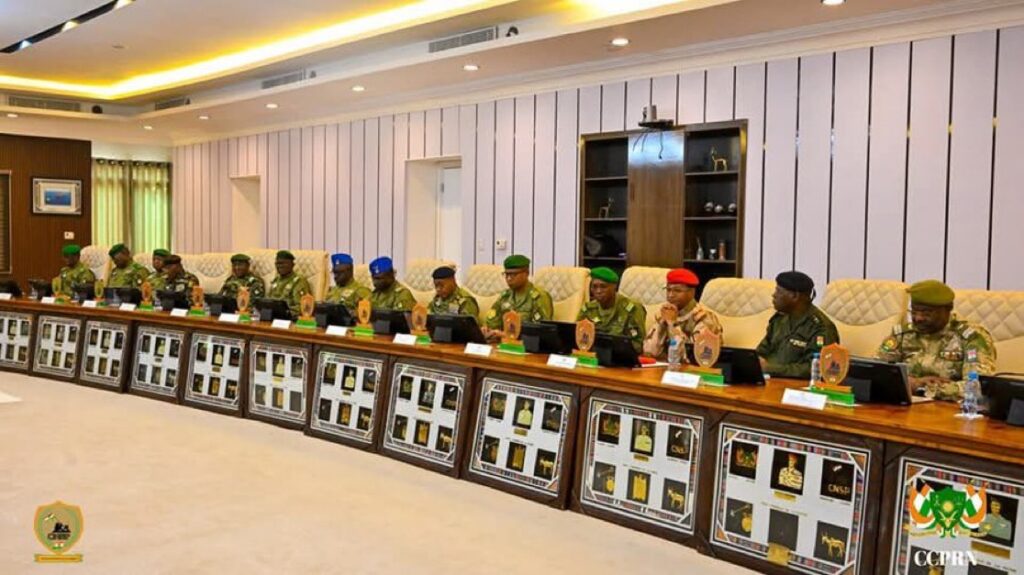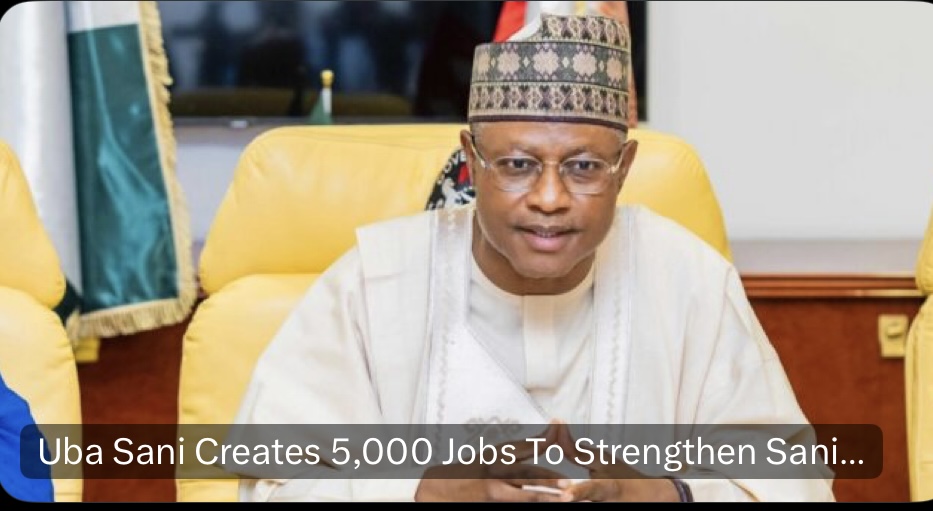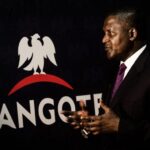EU-China Summit Begins Amid Deepening Tensions Over Trade, Ukraine War
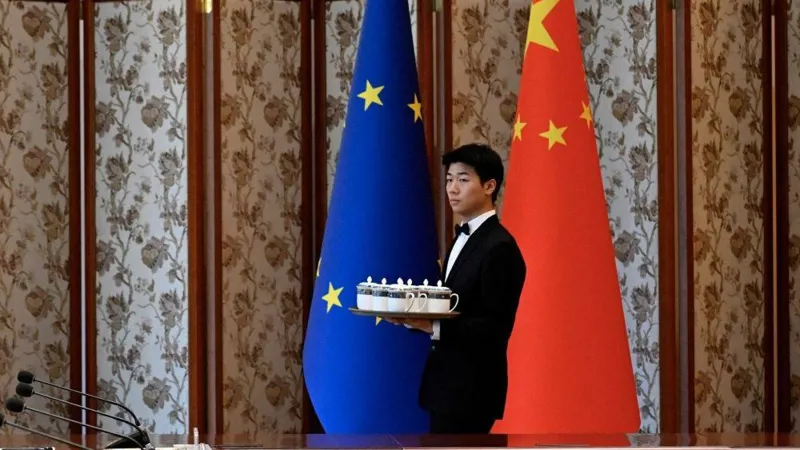
What was once anticipated as a reset for strained EU-China relations has now unfolded as a high-stakes diplomatic engagement clouded by strategic mistrust, trade friction, and discord over the Russia-Ukraine war.
Chinese President Xi Jinping on Thursday hosted European Commission President Ursula von der Leyen and European Council President Antonio Costa in Beijing for the EU-China summit a meeting originally expected to take place in Brussels.
Xi’s earlier reluctance to visit the EU capital cast early doubts over the summit’s tone and substance.
European officials entered the talks with subdued expectations, pointing to a widening rift driven by tariffs, geopolitical alignments, and clashing trade interests.
While both sides maintained public optimism, projecting the summit as a chance to “rebalance” ties, the undercurrents tell a different story.
Von der Leyen, in a post on X, said she hoped for “mutually beneficial cooperation” that could shape the next 50 years of EU-China relations. But in Brussels, policymakers are far less hopeful, viewing the summit more as a diplomatic obligation than a turning point.
At the heart of the friction is China’s perceived soft stance on Russia’s war in Ukraine.
Brussels is particularly irked by China’s diplomatic and economic ties to Moscow, further inflamed by the EU’s recent sanctions on two Chinese banks accused of aiding Russia a move Beijing condemned as provocative.
Complicating matters, reports emerged that Chinese Foreign Minister Wang Yi privately told EU foreign policy chief Kaja Kallas that a Ukrainian defeat would benefit Beijing by distracting the United States. Although China has denied these claims and insists on its neutrality, the alleged remarks have stirred fresh distrust within EU circles.
“Strategic mistrust has never been higher,” said Engin Eroglu, chair of the European Parliament’s China delegation. “The mood heading into the summit is tense if not outright frosty.”
Trade disputes are another sore point. Beijing has retaliated against EU-imposed tariffs on Chinese electric vehicles by slapping duties on European liquor and restricting purchases of EU medical devices.
Both sides have also clashed over rare earth mineral exports and mutual accusations of market manipulation.
Last year, the EU recorded a staggering €305.8 billion trade deficit with China, prompting calls within Europe for more assertive trade defense tools.
Adding to the complexity, China has criticized the EU’s threefold definition of China as a “partner, competitor, and systemic rival.” In an interview with The Paper, China’s ambassador to the EU, Cai Run, likened the stance to “a traffic light flashing green, amber, and red at once.”
As the summit unfolds, analysts warn that unless both parties confront these underlying tensions head-on, the meetings may do little more than preserve appearances.
The summit continues amid global uncertainty, with both sides navigating an increasingly fractured international order.


